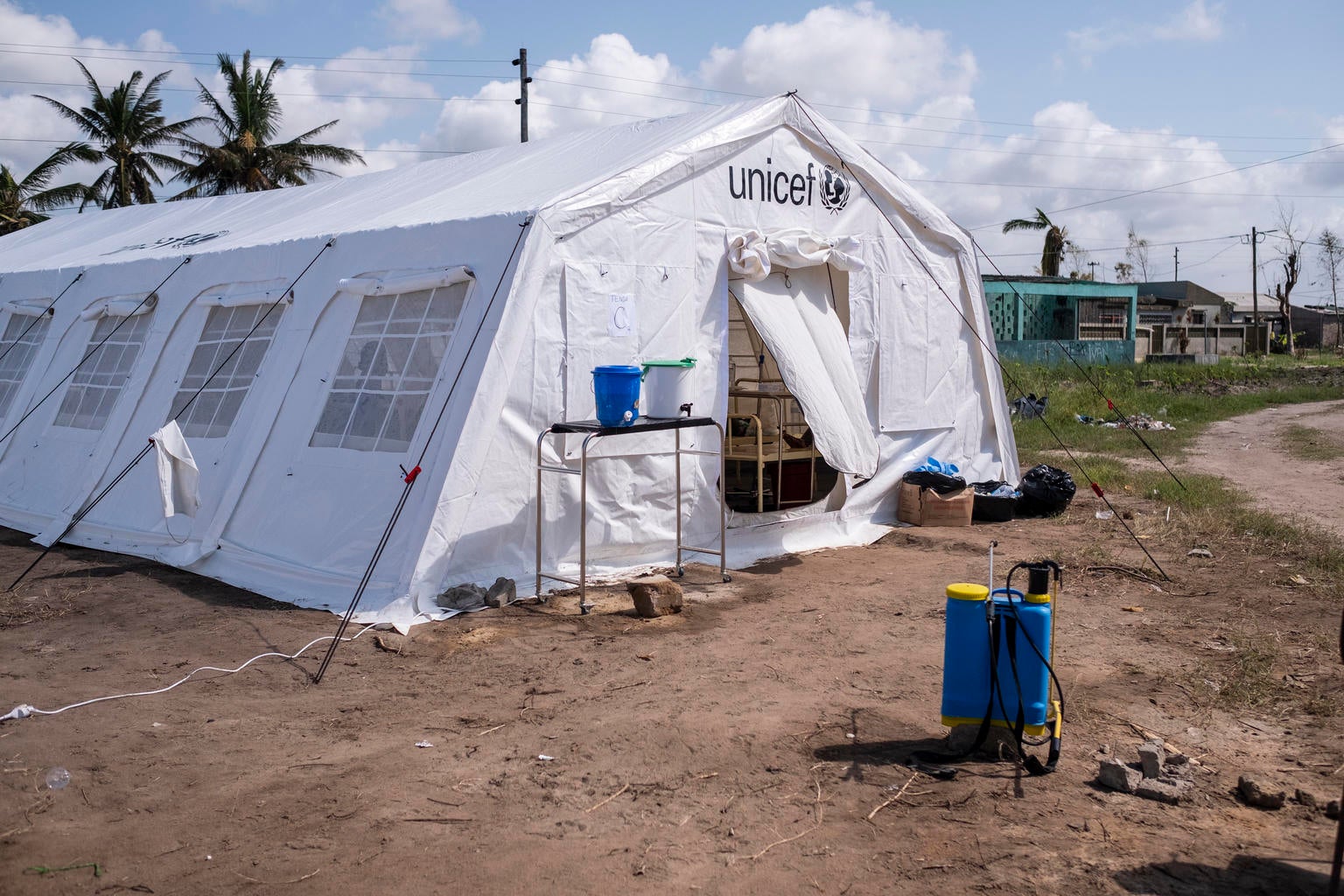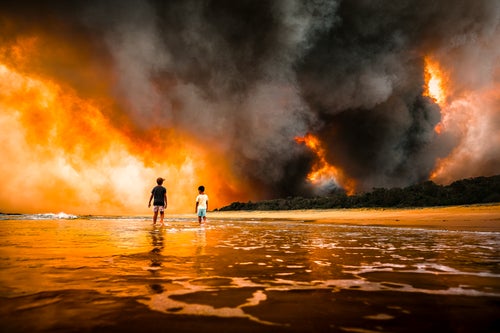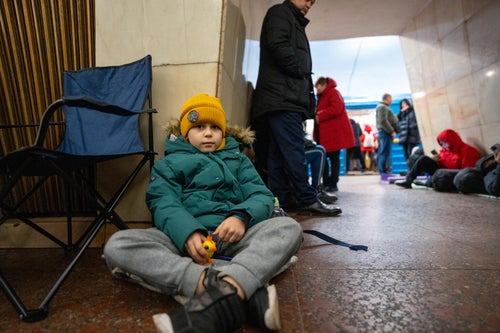Flying above Mozambique, Harriet could see the broken banks of the river which had caused catastrophic flooding and left huge areas under water.
It was clear that those who live in huts had no hope of their shelters surviving. Anything that wasn’t built with concrete was washed away.
It was the first time Harriet had worked on a mass-scale natural disaster, having previously worked in conflict zones in places like South Sudan, the Central African Republic and northeast Nigeria.
“There was an energy to it,” Harriet, UNICEF’s Emergency Engagement Specialist, says.
“You had all the organisations working in a cohesive manner, you had the government engaged - everyone was doing their part.”
When she landed in Beira, the airport had been turned into a humanitarian hub, and thousands of temporary tented accommodation centres had sprung up in any bit of spare space. There were two families to a tent and hundreds of families in each centre.
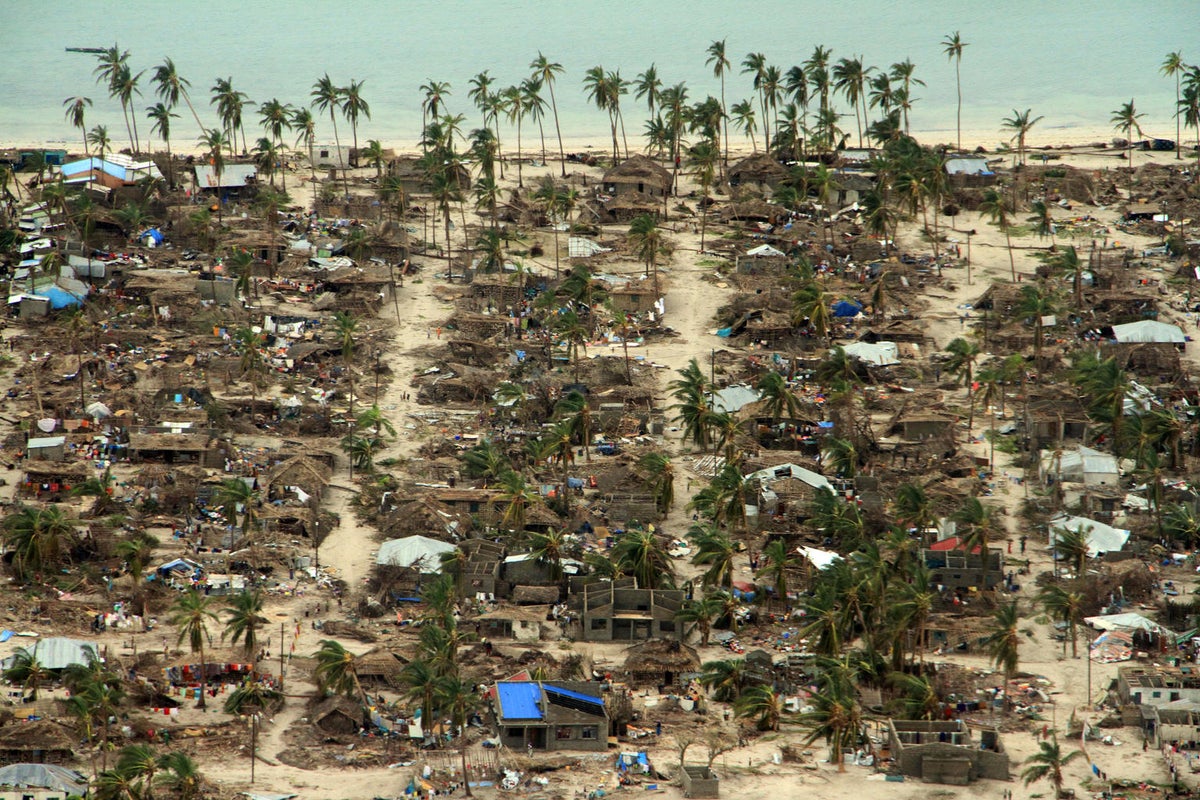
“They feel very makeshift and very temporary,” Harriet said.
“It is not comfortable for the people who are traumatised and have come with nothing.”
When the cyclone hit, families including young children rushed to higher ground like the roofs of buildings or tall trees where they waited up to six days to be rescued. These buildings highlight the scale of the disaster. Watermarks still stain the walls.
But just three weeks on from the disaster, Harriet noticed an incredible change. People were already starting to rebuild, putting new roofs on their houses and returning home.
She saw incredible strength, courage, and determination from a community whose lives had been ripped apart.
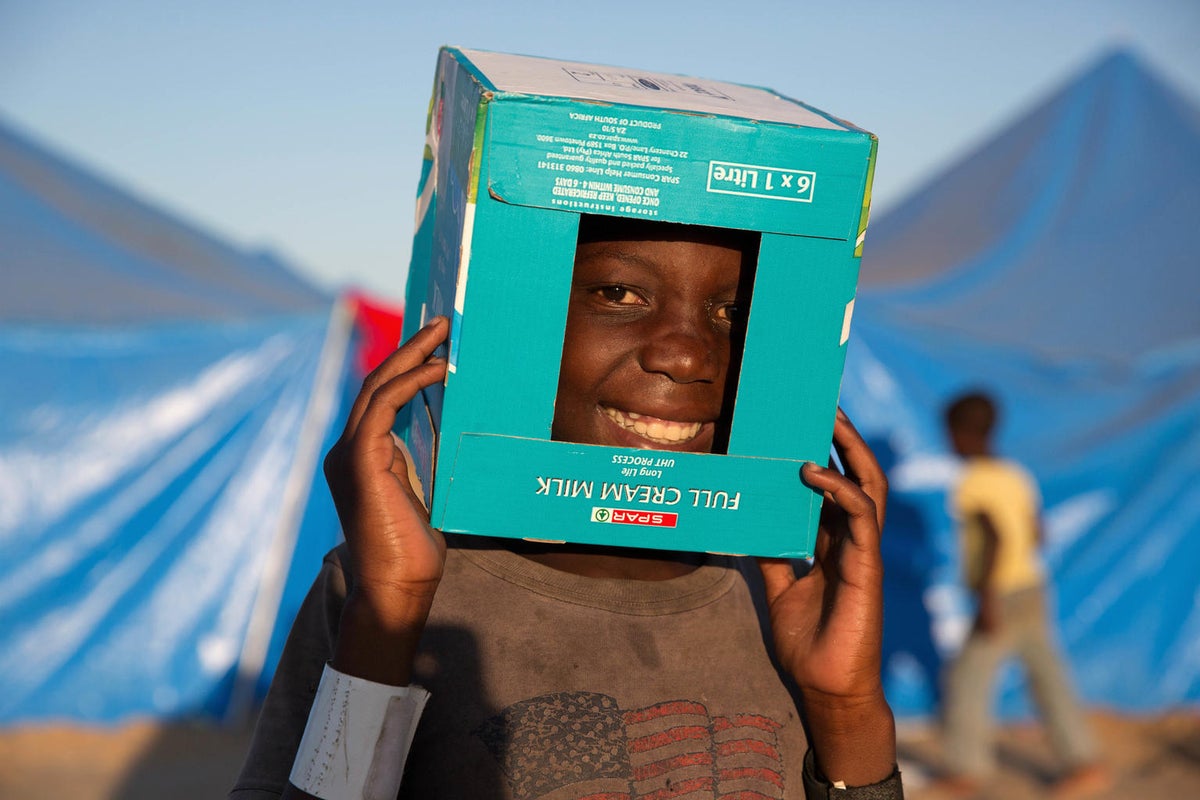
Harriet said this was particularly clear in the child-friendly spaces set up by UNICEF.
“They were some of the most heartwarming places you could visit during a humanitarian crisis,” she said.
“You walk in and you see smiles and laughter. The volunteers are like parents to all the kids and it is very clear the positive impact that they have and are having on children recovering from trauma.”
Child-friendly spaces are also a place where children who are particularly vulnerable - perhaps separated from their families - are able to be identified and reunited with their loved ones.
"To me, they are the most important interventions."
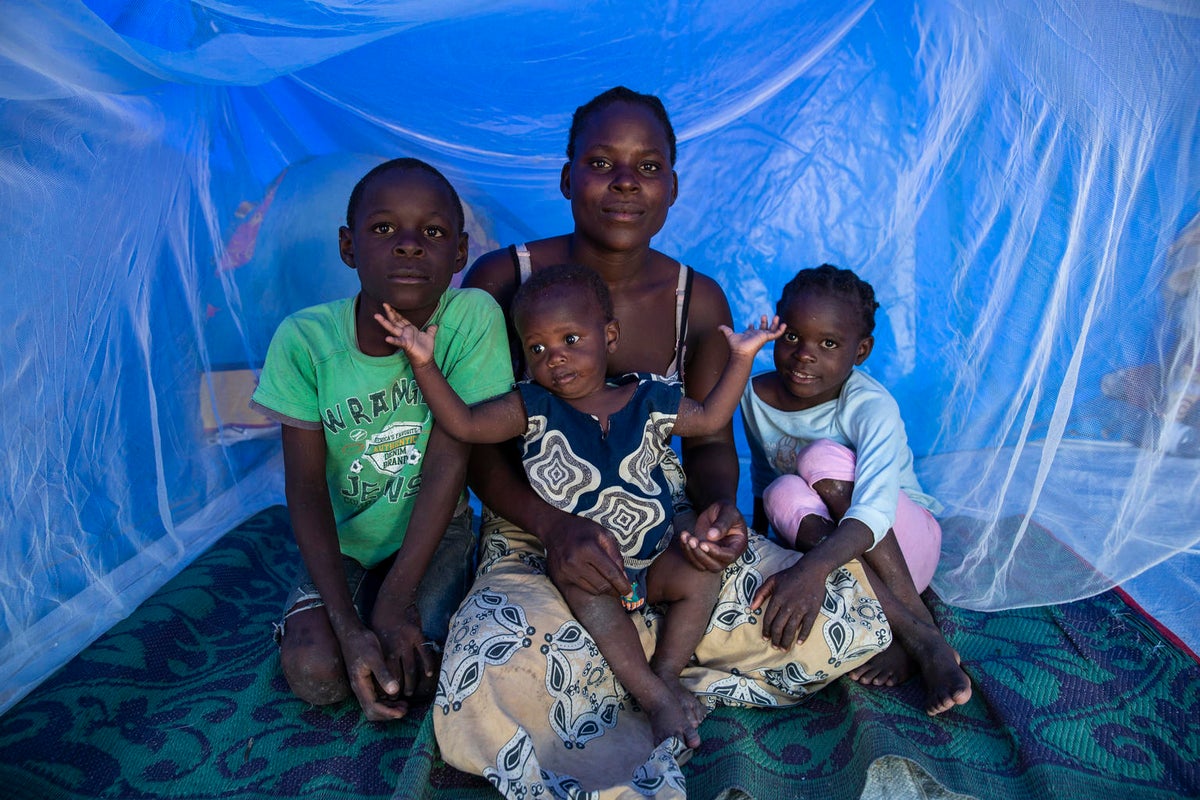
As well as the child-friendly spaces, Harriet said she could see first-hand the impact UNICEF was having thanks to the help of supporters around the world.
“It was very clear that the money that gets given for this type of response turns into an actual mosquito net, health services offered to someone, school books.
“Seeing the school-in-a-box come from the helicopter and straight to a child - I had never seen that quick of a response. It was really amazing to see.”
Harriet’s work spans over several years in some of the most conflict-stricken areas of the world. Despite coming face-to-face with unimaginable stories, she has never lost motivation.
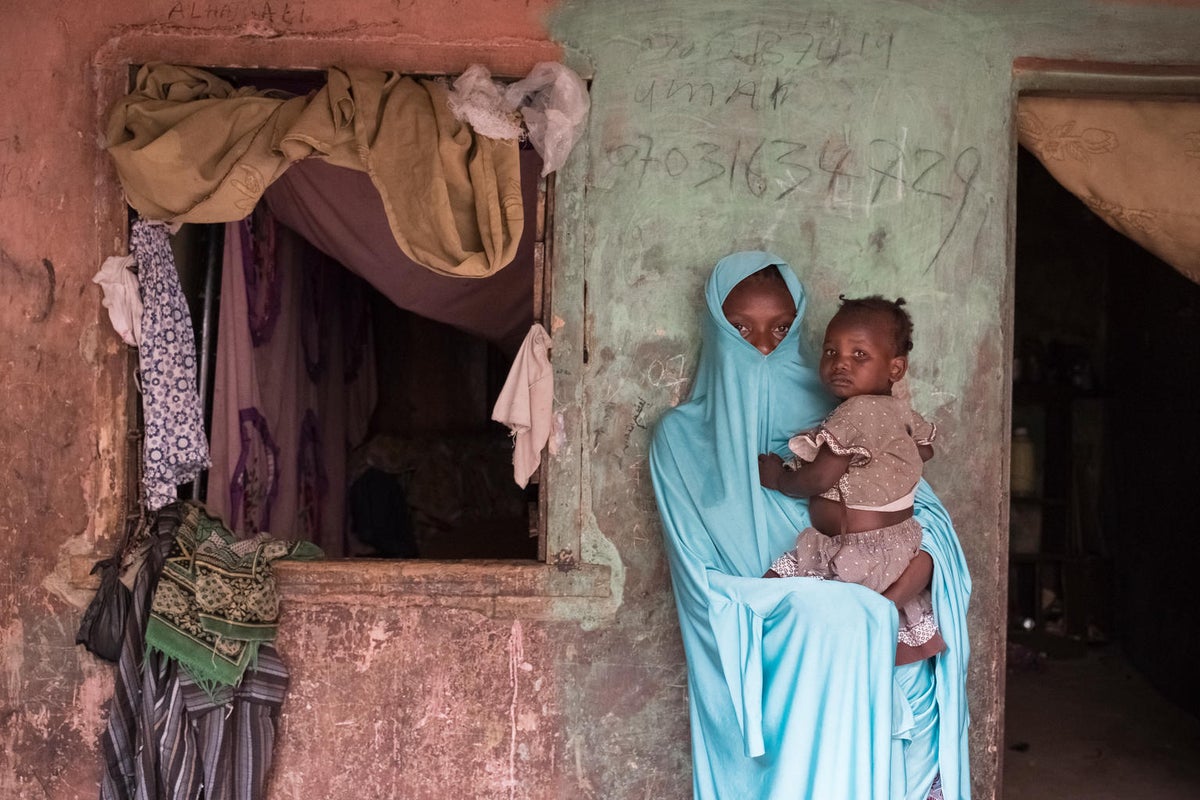
In northeast Nigeria, during the peak of the ongoing conflict with Boko Haram, the Aussie was confronted with the horrifying reality of children being used by the terrorist group to wage war. They were kidnapped and forced to become child brides or fighters and in the most horrific circumstances used as suicide bombers to instill terror in the community.
On top of this, she was also grappling with the very real fact that suicide bombs were exploding in the town she was living in almost every week.
“It is never hard to find motivation but it is hard to not be affected by what you see,” she said.
“What amazes me is the strength of people in the face of catastrophe and how they manage to find a way forward.
“Girls I met in northern Nigeria who were forcibly married and had children to Boko Haram fighters and ran away in the middle of the night to find safety only to be stigmatised with their experience, were, despite all of this, able to find a way to enrol in school, provide for their children, love their children, carrying themselves with such dignity when so much has been taken from them."
"That to me is always the most encouraging and amazing part of the work that we can do and the fact that we are everywhere and we reach people that the rest of the world has forgotten."
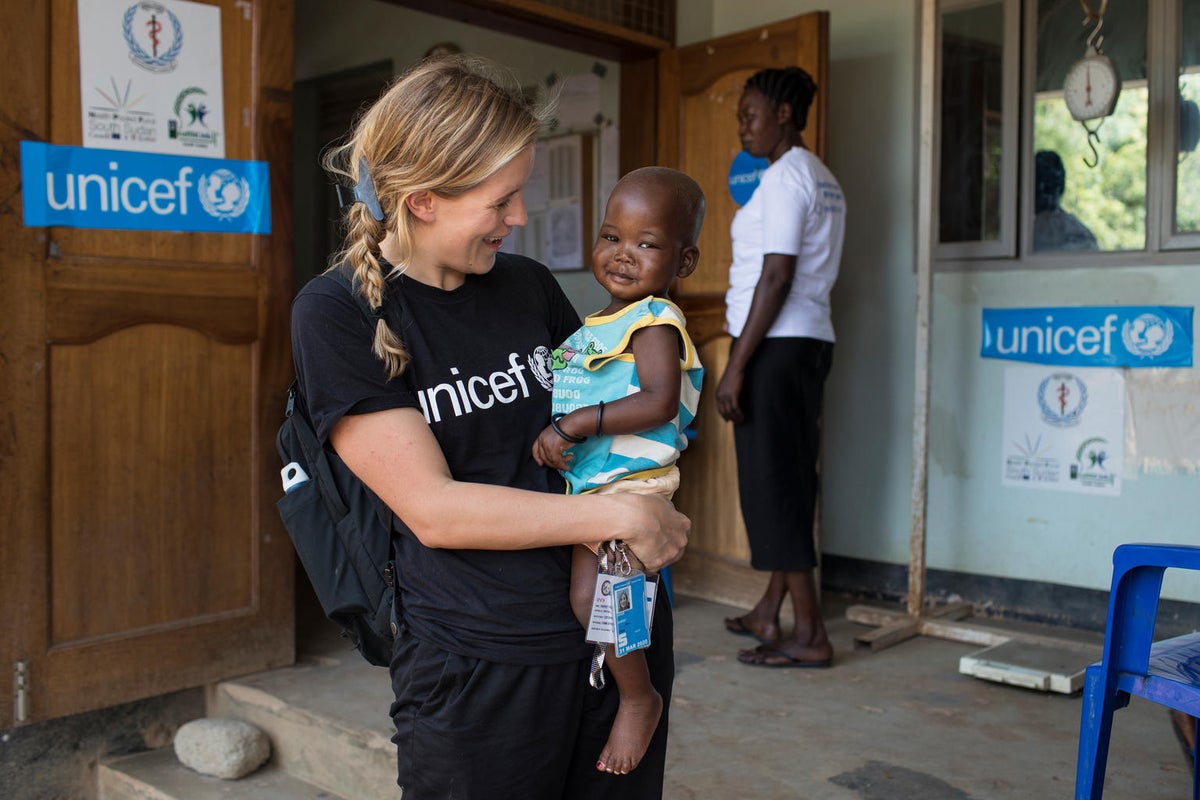
Related articles
Stay up-to-date on UNICEF's work in Australia and around the world



